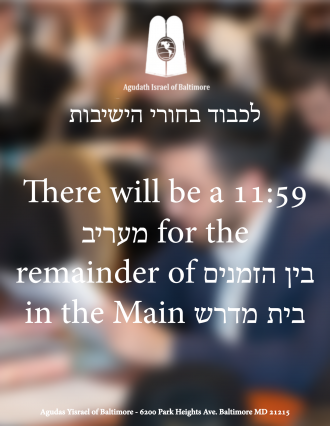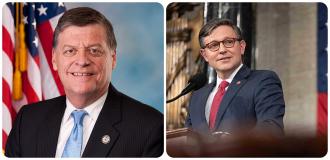British Prime Minister David Cameron on Monday told a group of British Jews that Israel needs the United Kingdom to remain in the European Union (EU) to help fight against threats to the Jewish state, including the Boycott, Divestment and Sanctions (BDS) movement.
“When Europe is discussing its attitude to Israel, do you want Britain—Israel’s greatest friend—in there, opposing boycotts, opposing the campaign for divestment and sanctions, or do you want us outside the room, powerless to affect the discussion that takes place?” Cameron asked attendees at the annual fundraising dinner of the Jewish Care welfare organization in London.
On Thursday, the U.K. will vote on a referendum to decide whether or not to remain a member of the EU. The campaign for the country to leave the EU, known as “Brexit,” is led by the UKIP political party.
Cameron called Brexit “a campaign of division and intolerance.”
“We don’t want your vision of Britain, we don’t want what you’re selling. You’re not describing the kind of country we want for our ourselves or our children and our grandchildren, and I say on Thursday we should vote decisively to reject it,” Cameron told the Jewish audience, according to video footage of his remarks.
“[With Brexit] I see the opposite of everything that makes our country great. I am proud that Britain is home to people who fled persecution, including those who fled from the Nazis or Russian pogroms,” he said.
Cameron praised British Jews for their patriotism.
“That is what is so amazing about our Jewish community. You are the model of how to integrate in modern Britain. And there is also something so special about modern Britain. We may not be perfect, but we are one of the most successful multi-faith, multi-ethnic democracies anywhere on Earth,” he said.
Cameron added that being an EU member allows the U.K. to “get things done” on matters such as combating terrorism, standing up to Russia, and stopping Iran from obtaining a nuclear weapon.
The Israeli government has not publicized an official position on the U.K. referendum.
















